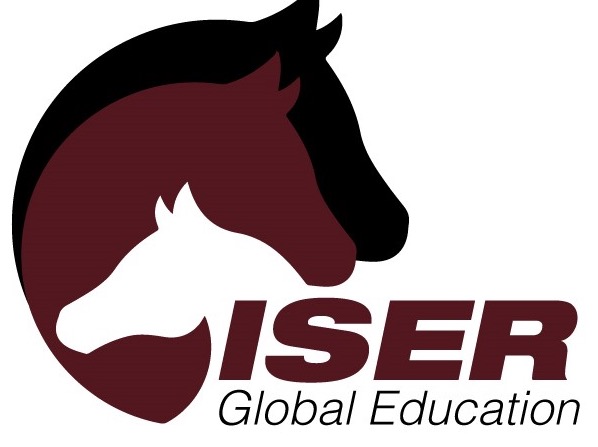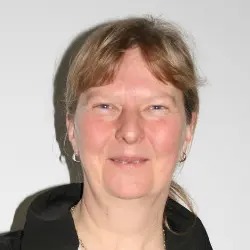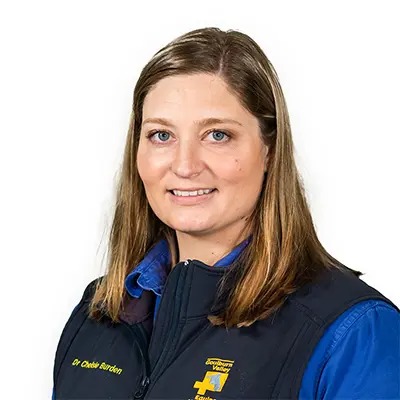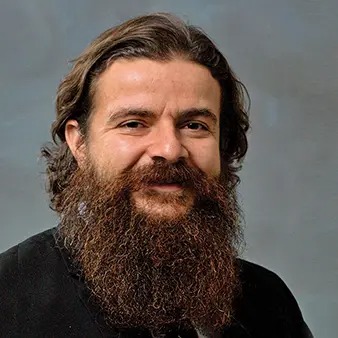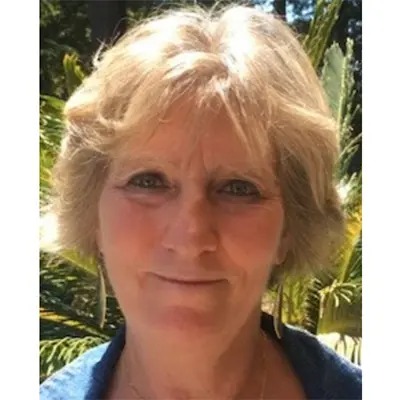Readiness for Birth: Prediction of Parturition
Species
Equine
Contact Hours
3 Hours - RACE Approved
Early Booking Deadline
Fri, 12 July, 2024
Registration Deadline
Wed, 31 July, 2024
Language
English
Discipline
Reproduction / Theriogenology
Veterinary Partners
Global



Recorded: 3rd December 2024
Panelists:
Chelsie Burden DVM, MS, DACT - Goulburn Valley Equine Hospital, Australia
Igor Canisso DVM, MS, PhD, DACT, DECAR (Eq Repro) - University of Illinois Urbana-Champaign, USA
Catherine Renaudin DVM, DECAR - UC Davis, USA
Moderator:
Christine Aurich Ao.Univ.-Prof., DECAR, Dr.med.vet. - University of Veterinary Medicine, Vienna, Austria
PANEL DISCUSSION DESCRIPTION
The art and science of prediction of parturition will be discussed and debated by four internationally renowned experts in equine reproduction. There is a marked variability in physiological equine gestation length, making prediction of parturition in this species especially difficult. On the other hand, foaling in horses must be surveilled to avoid loss of mares and their foals due to dystocia or other parturition-related emergencies.
In this webinar, different methods for prediction of parturition in mares as well as risks and opportunities associated with augmentation of parturition will be compared. The influence of mare breed, age, parity, housing and management practices, and the impact of pathological conditions on the onset of parturition and the decision-making process will be discussed.
This panel promises to provide valuable insights and expert opinion through a robust exchange of experiences and ideas. Register now to learn from the world’s leading minds in the field and submit your questions in advance or during the live event to contribute to the discussion on improving outcomes for mares and foals.
Dr. Christine Aurich is the head of the Centre for Artificial Insemination and Embryo Transfer and the Graf Lehndorff Institute for Equine Science at the Vetmeduni Vienna, Austria. She is a Diplomate of the European College of Animal Reproduction. Her current research focuses on gamete physiology, assisted reproductive technologies and early pregnancy development. She is Chair of the scientific committee of the International Symposium for Stallion Reproduction and President-elect of the International Equine Reproduction Symposia committee. Christine Aurich is an author of numerous scientific articles in international journals and the editor of a German-language textbook on equine reproduction.
More InfoChelsie A. Burden, DVM, MS, DACT works as a reproduction specialist at Strathbogie Vet Services operating out of Blue Gum Farm, Euroa VIC Australia Goulburn Valley Equine Hospital. While American born and raised, Chelsie took the opportunity to join the Goulburn Valley Equine Hospital GVEH team in 2014 after completing her Masters degree and residency at the Colorado State University Equine Reproduction Laboratory. With a focus on the problem of broodmare and embryo transfer, Chelsie quickly became an asset to the veterinary team at Goulburn Valley Equine Hospital. At the end of the first breeding season in Australia, Chelsie transitioned back to the northern hemisphere as a seasonal veterinarian at Claiborne Farm in Paris, Kentucky.
Upon her return to GVEH in 2015, Chelsie expanded her role as a reproduction veterinarian taking on both ambulatory and in-house clientele for a seasonal appointment.
Locum positions throughout 2016-2017 found her bouncing between GVEH, Morocco and the University of Florida.
The research Chelsie completed with the team at the University of Florida is part of a long-standing equine placentitis project. The information gained has allowed exponential professional growth with multiple international lecture opportunities. Now working directly with a Thoroughbred stud farm, Chelsie continues to provide reproductive and medicine services to a large population of horses in regional Victoria.
More InfoDr. Canisso grew up in Brazil working with livestock and horses on the family farm. His family migrated from Italy and Spain to Brazil early in the 19th century, so he has had a heavy influence of those cultures in his upbringing.
After graduating from veterinary school and being in private practice in Brazil, he completed a master’s degree in animal reproductive biotechnology, which earned my reputation as a donkey reproduction specialist. He then moved to the United Kingdom for a fellowship in equine reproduction.
Thereafter, he completed a residency in theriogenology at Cornell University in Ithaca, N.Y. My residency allowed him to become board certified by the American College of Theriogenologists and the European College of Animal Reproduction. Then, he moved to the world’s “Horse Capital” to earn a PhD in equine reproduction at the University of Kentucky, Lexington.
Dr. Canisso has been with the University of Illinois since 2014. He has a special interest in mentoring veterinary students, graduate students, and house officers.
Dr. Canisso travels around the world to speak and to consult on high-end mares and stallions suffering from reproductive problems. Throughout the year, he is a full-time clinician, but also performs classroom and clinical teaching in equine theriogenology. He has three areas of research interest: equine subfertility, perinatology, and reproductive biotechniques.
Catherine grew up in France and obtained her doctoral veterinary degree from the School of Veterinary Medicine in Lyon. After working in private practice in France for several years, she completed a residency program in Equine Reproduction at UC Davis, California. Catherine then joined on and off the Theriogenology department team at UC Davis as a clinician. She is now the Chief of Service.
She has a special research interest in ultrasonography of the pregnant mare. During her residency, she began studying the ultrasonographic appearance of the placenta and created an index called CTUP (for combined thickness of the uterus and placenta), which is now used in routine to diagnose placentitis. She later focused on the fetus, establishing growth charts, studying parameters of the biophysical profile, and demonstrating that fetal sexing could be performed during mid-gestation. Her latest research involves in utero assessment of fetal bone development.
More InfoQualified Vet
Online Panel Discussion
USD 95.00
Intern/Resident/PhD (Requires proof of status)
Online Panel Discussion
USD 70.00
Vet Nurse/Vet Tech (Requires proof of status)
Online Panel Discussion
USD 70.00
Veterinary Student (Requires proof of status)
Online Panel Discussion
USD 20.00
If the options you are looking for are unavailable, please contact us.
No tax will be added unless you are a UK taxpayer
Choose currency at checkout



